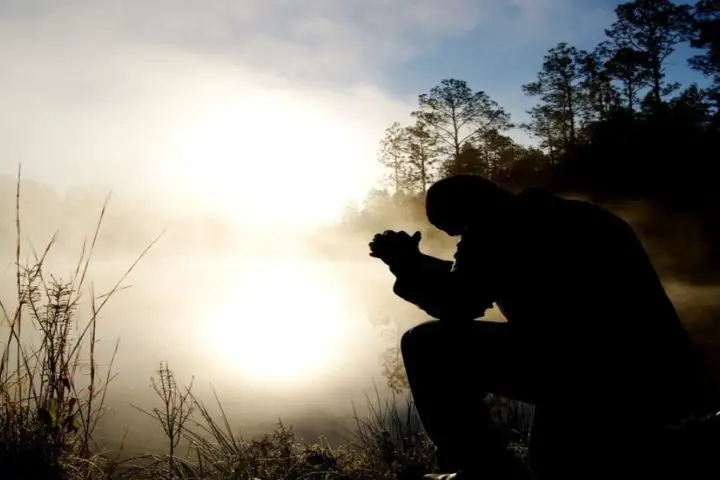Honor Redefined
“Blessed are the poor in spirit, for theirs is the kingdom of heaven.”
Matthew 5:3
Launchpad #1
Three launchpads for meditation. The first focuses on the key word of the beatitudes, the word blessed. The Greek word is ‘makarios’. In this word, the idea of blessedness pertains to how happy or fortunate one is. It is a blessedness that naturally flows from embodying the principles of Jesus’ upside-down kingdom.
Throughout the beatitudes Jesus is riffing off of common Old Testament themes, and he is doing so using a common form within their honor-shame culture. In Jewish culture, pronouncements of blessings were common. Indeed, there are many in the Bible, which some scholars refer to as ‘makarisms’.
For example, Psalm 1:1 declares “blessed is the one who does not walk in step with the wicked or stand in the way that sinners take or sit in the company of mockers”. Or in Proverbs 8:34, “blessed is the one who listens to me, watching daily at my gates, waiting beside my doors”.
In addition to blessings, the Bible also contains pronouncements of curses or woes. For example, in contrast to the 7 blessings of the beatitudes, in Matthew chapter 23 Jesus utters 7 woes on the Pharisees and teachers of the law. Jesus starts out by saying “but woe to you, scribes and Pharisees, hypocrites! For you shut the kingdom of heaven in people’s faces.” So, in the beatitudes, Jesus describes the blessedness of those living out the kingdom while in chapter 23, Jesus condemns the Pharisees for closing off the kingdom- for closing off the blessings.
These examples depict the importance of pronouncements of blessings and woes in the cultural context of the time. And its to these broader cultural considerations that we turn to next.
Launchpad #2
The second launchpad for meditation considers the pronouncement of blessings within the honor-shame cultural context. Thus, a quick crash course on culture.
Individualistic cultures (such as those in the West) tend to be guilt-innocence cultures. Wrongdoing is viewed as a violation of the law, and guilty people require forgiveness to become innocent. Collectivistic cultures (such as Asian and Arab cultures) tend to be honor-shame based. A person is shamed for failing to meet community expectations, and the shamed person’s honor must be restored to avoid exclusion.
In honor-shame cultures, honor is worth or value that is either ascribed to individuals by others or achieved by their actions. Shame is the loss of value- the loss of honor. Ascribed shame is based upon what community a person belongs to- their family or tribe for example. Achieved shame is based upon what one has done- usually through behavior that violates the community’s honor-code, the community’s sense of what is honorable and what is shameful.
Although no culture fits neatly into a single cultural paradigm, the dominant culture in which Jesus lived was honor-shame. Indeed, as the first launchpad for meditation explored, in honor-shame cultures, pronouncements of blessings (or honors) and curses (or shames) is common.
So, in the beatitudes, Jesus is redefining the honor-code for his new kingdom community. In Jesus’ kingdom, rather than being shamed, it is the meek and persecuted who are honorable. We are invited to give up competing for our culturally created notions of honor and instead receive real and eternal honor from God as we live as members of his kingdom.
Launchpad #3
The third launchpad for meditation considers who the poor in spirit are. Jesus’ Jewish audience would have been familiar with the Hebrew Bible, the Old Testament. And in the Old Testament, it is often the poor who recognize their dependence upon God. But it went beyond physical poverty to also describe social, emotional, and spiritual poverty.
Indeed, the wealthy king David wrote in Psalm 86:1-3 “Hear me, Lord, and answer me, for I am poor and needy. Guard my life, for I am faithful to you; save your servant who trusts in you. You are my God; have mercy on me, Lord, for I call to you all day long.”
In contrast to David’s humility, the Pharisees reject Jesus’ kingdom because they do not recognize their true poverty. But, those who recognize their complete and total poverty, turn to God and experience the blessedness of being a part of his kingdom. Because, indeed, the kingdom of heaven belongs to the poor in spirit.



